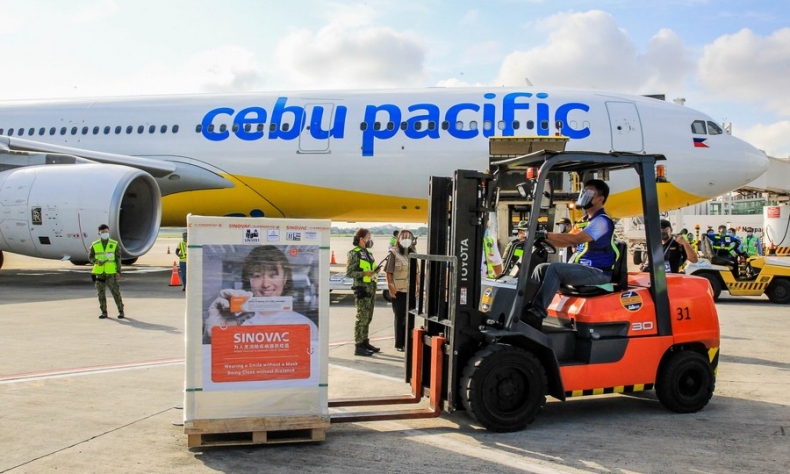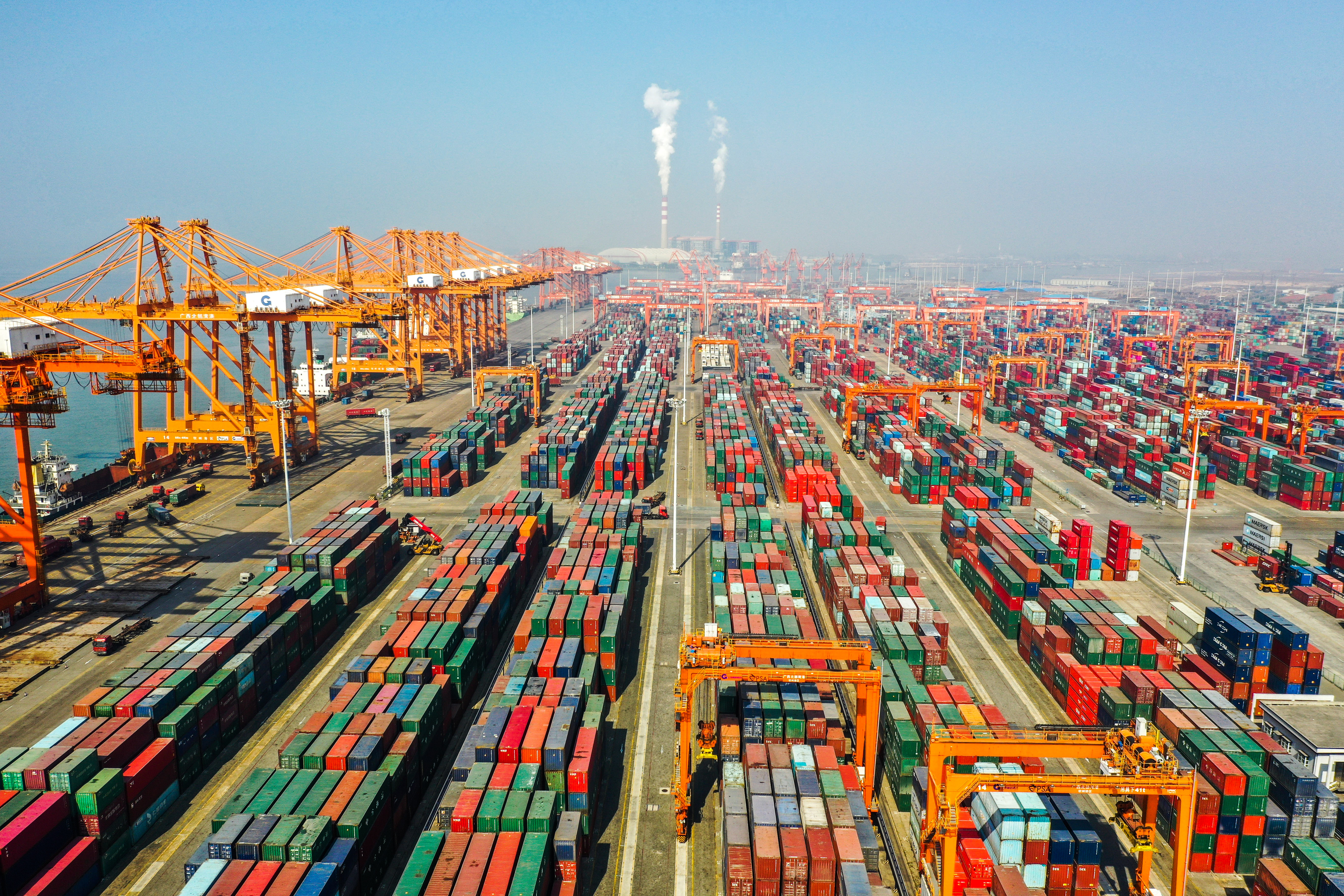Working Together for Asian Recovery

Only by collaborating more openly as a region with a shared future can this area of the globe prosper, and it must, in turn, counter politics of unilateralism, hegemonism and geopolitical confrontation striving to divide, politicize, blame and cut the globe up into blocs.
State leaders met virtually at the summit of Asia-Pacific Economic Cooperation (APEC) last week, deliberating on how the region can coordinate, overcome and build back to normality together from the fallout of the COVID-19 pandemic continuing to beset many nations with the emergence of the Delta variant.
China stressed the need for countries to collaborate on a “three-point plan” in terms of cooperation on pandemic response, regional economic integration, and promoting sustainable development.
Why work together to overcome the pandemic? Well, the crisis has proved once again that we live in one global village, where countries stand to rise and fall together. Arguably the Asia-Pacific is, for all practical purposes, a “village” or “neighborhood” as so described, sharing a common geographic space.
It’s clear that, should problems emerge, one cannot simply “move house” to somewhere else. but must learn to deal with them in situ. This means that an event impacting one country inevitably impacts another. Therefore, countries in a given region find they have “shared interests” in creating solutions to common problems.
As a result, should a problem emerge, the logical solution is that countries do not contend against one another or isolate themselves, but must collaborate, especially when these problems do not stop at national borders.
The pandemic is one such example. A big outbreak in one country in the neighborhood is subsequently a problem for all, therefore a common approach to pandemic management and assistance is the logical and correct thing to do.
This is why China takes a multilateral approach to fighting COVID-19, which has consisted of an over 500 million-dose vaccine cooperation, as well as shipment across borders of other equipment and supplies. This led to the call for APEC members to work together.
This builds into the next big issue: economics. Just like the pandemic, the economy of the region is not merely a “national” concern as much as it is an overlapping and interdependent issue, whereby the situation of one party is capable of affecting all, especially in larger economies.
This is a lesson learned from the 1997 East Asian financial crisis. If, for example, there was an economic crisis in Japan, this would immediately aggregate into a broader economic slowdown across the entire region, and have a ripple effect on markets, production and consumption.
COVID-19 has been economically detrimental for many countries, and that poses the question: “how” to regain lost ground? Countries again must be prepared to work together on a common pathway to recovery.

China recognizes this. It is pledging over $3 billion in assistance to developing countries to accelerate recovery. Likewise, the importance of economic agreements such as the Regional Comprehensive Economic Partnership (RCEP) and the broader theme of “integration” were highlighted – that is, acknowledging overlapping economic stakes and interests, countries bring their economic standards, rules and governance closer together to facilitate a common good, similar to what Europe has attained.
Lastly, the principle of sustainable development is paramount. The race to rekindle and boost economic growth must be “sustainable”, meaning it must be viable for the long term without having any negative consequences for the environment or other repercussions.
To do so requires innovation and advancement in technology, envisioning new opportunities and pathways for growth different from the methods of the past. China pointed towards the development of a shared “digital economy,” highlighting “an important area for the future growth of the world economy.”
In this case, what is the biggest takeaway? Asia’s prosperity, wellbeing and recovery involves working together. Only by collaborating more openly as a region with a shared future can this area of the globe prosper, and it must, in turn, counter politics of unilateralism, hegemonism and geopolitical confrontation striving to divide, politicize, blame and cut the globe up into blocs.
Regionalism is the mark of modernity; it is the recognition that countries who share problems must likewise share solutions and learn to co-exist harmoniously. Never has that been more critical in the battle against COVID-19 and the bid to normalize the world again and drive regional recovery.
 Facebook
Facebook
 Twitter
Twitter
 Linkedin
Linkedin
 Google +
Google +







